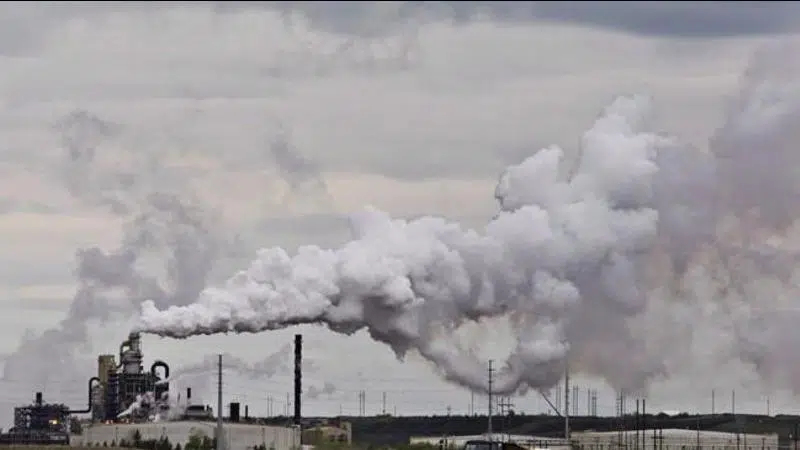
CHARBONNEAU: Albertans to receive the highest carbon gift
THE CARBON GIFT is not a lump of coal. Albertans will receive the highest carbon tax rebate of any of the four provinces who have opted out of the federal plan. A family of four will receive an average tax credit of $888, compared to families in the other holdout provinces of Ontario, Manitoba and Saskatchewan who can claim a credit of $448, $486 and $809, respectively.
Let’s call it a gift, not a rebate because most Albertans will receive more back than they pay in the so-called carbon tax. According to calculations by economists Jennifer Winter and Trevor Tombe at the University of Calgary, 80 per cent of Alberta households will get more back from the credit than they will pay in increased costs (Globe and Mail, Dec. 19, 2019).
And can we really call it a carbon tax when it isn’t really isn’t? Taxes are collected by governments to pay for health care, roads, education and so on. The goal of the carbon transfer is to reduce fossil fuel consumption, not to collect taxes. Let’s call it a carbon transfer. Money is just collected and redistributed.
The names given to the carbon transfer and carbon gift are politically motivated. Conservatives prefer to call it a tax because it suits their political agenda of characterizing the fed’s actions to reduce fossil fuel consumption as a tax grab. The feds like calling the carbon gift “climate action incentive payments” because they like to pretend that we will meet carbon reduction targets.


